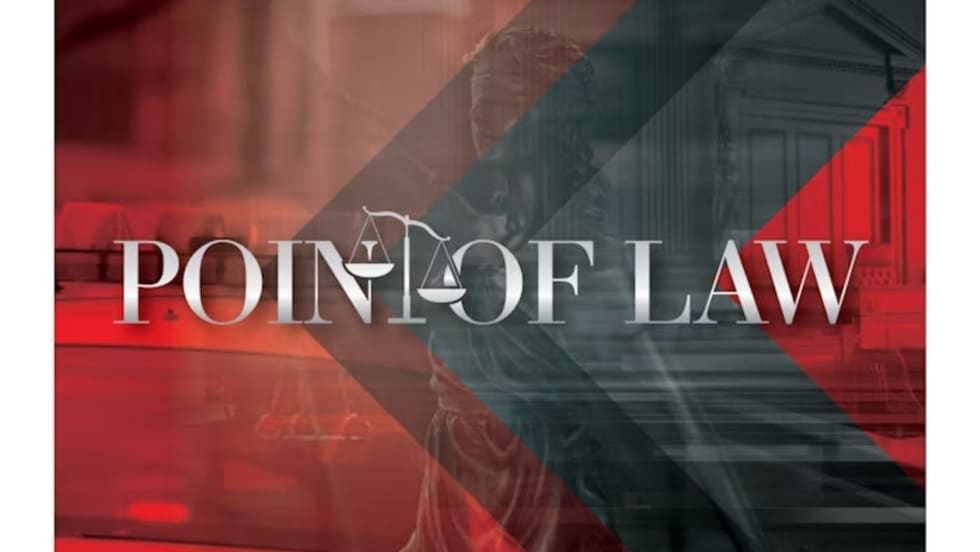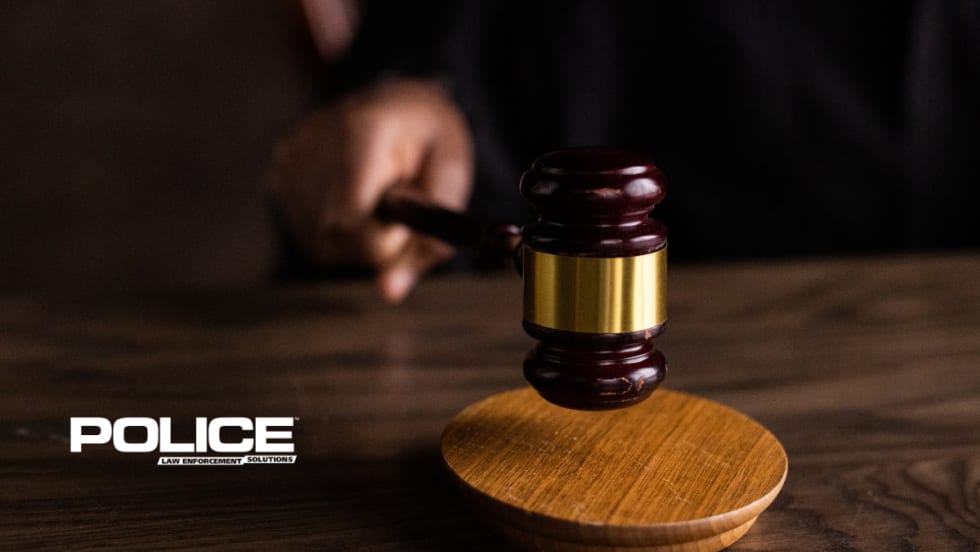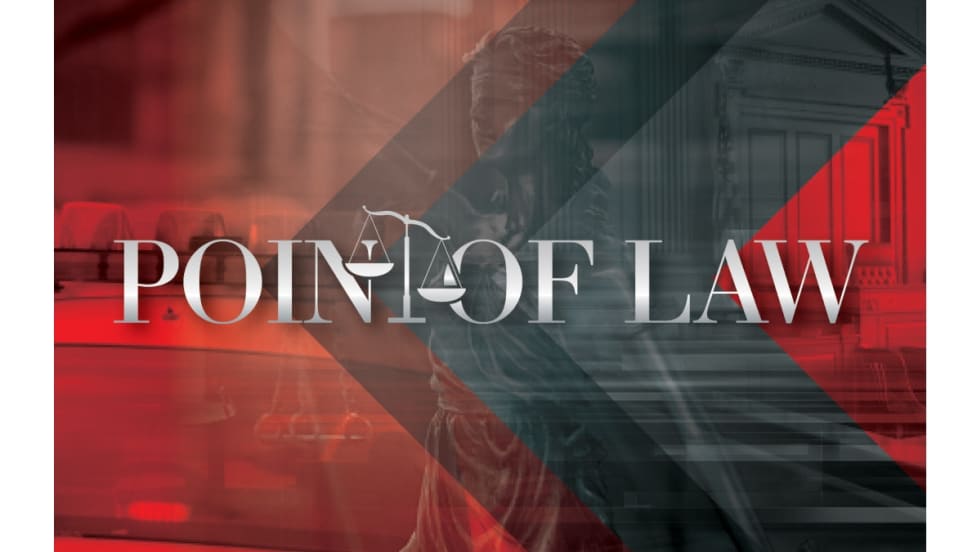The U.S. Supreme Court's ruling in Thompson v. Clark on Monday makes it easier to sue police and prosecutors for malicious prosecution.
At the center of the ruling is a case of diaper rash, NPR reports.
On Monday, the Supreme Court sided 6-to-3 with Thompson in declaring that he did not have to show an "affirmative indication of innocence."
The U.S. Supreme Court's ruling in Thompson v. Clark on Monday makes it easier to sue police and prosecutors for malicious prosecution.
At the center of the ruling is a case of diaper rash, NPR reports.
Larry Thompson was living with his then fiancée (now wife) and their newborn baby when his sister-in-law, who apparently suffered from mental illness, called 911, claiming that Thompson was abusing the baby. When EMT officers arrived, they were admitted to the apartment by the sister-in-law, but Thompson, unaware of her 911 call, told them they must have the wrong address.
The EMT officers left, but returned to the apartment with four New York City police officers. This time Thompson answered the door and refused to admit them unless they had a search warrant. The police then threw Thompson on the floor and handcuffed him while the EMTs examined the baby. The only marks they found were diaper rash, but the baby was taken to the hospital where the diaper rash diagnosis was confirmed.
Thompson, however, was tossed into jail for two days and charged with resisting arrest and obstructing governmental administration. Prosecutors subsequently dropped all charges without any explanation.
Thompson sued, alleging malicious prosecution. But under the federal appeals court precedent in New York, Thompson had to prove that his innocence had been "affirmed." The dropping of charges without explanation was not enough.
On Monday, the Supreme Court sided 6-to-3 with Thompson in declaring that he did not have to show an "affirmative indication of innocence."
Justice Brett Kavanaugh wrote the majority opinion, declaring that a plaintiff need only show that his prosecution ended without a conviction, and Thompson did that here.

Can an individual be prosecuted for despicable criminal conduct based on evidence obtained in violation of the United States Constitution? Ultimately, the Ninth Circuit judges wrote, “In the circumstances of this case (United States v. Holcomb, 23-469 (9th Cir. 2025)), respect for the Constitution and the rule of law requires an answer of “no.”
Read More →
<strong>“</strong>Cashless bail policies allow dangerous individuals to immediately return to the streets and further endanger law-abiding, hard-working Americans because they know our laws will not be enforced,” the administration said.
Read More →
The DOJ said in a press release that the “sanctuary city” policies of the City of Los Angeles are illegal under federal law.
Read More →
Officers can be criminally prosecuted for using force when their actions led to escalation during contact with subjects.
Read More →
In the Tenth Circuit case of Cuervo v. Sorenson, the Court ruled officers cannot deviate from the language of the warrant.
Read More →
The Civil Rights Division will be taking all necessary steps to dismiss the Louisville and Minneapolis lawsuits with prejudice, to close the underlying investigations into the Louisville and Minneapolis police departments.
Read More →
House Bill 4404 would create a presumption of civil immunity for individuals who are cleared criminally after using force in self-defense, shifting the burden of proof onto plaintiffs.
Read More →
Seattle police Capt. Eric Greening sued former Chief Adrian Diaz last year alleging that Diaz retaliated when Greening brought up concerns about racial and gender discrimination.
Read More →
Jim Leighty, a local activist, filed two federal lawsuits last year claiming both agencies deleted or hid critical comments he had written below multiple posts, while keeping comments that were pro-police in nature.
Read More →
The lawsuit claims the Adams County Sheriff’s Office has illegally held people in custody based only on their immigration status, helped federal agents question people in custody, and given immigration officials confidential personal information.
Read More →